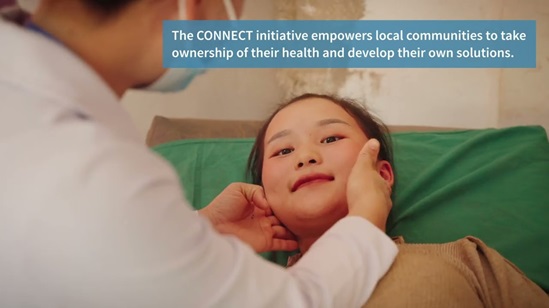
Supporting countries to ensure quality of medicines and vaccines
Overview
Everyone needs health services at some point in their lives, and they expect the care and medicines they receive to be safe, effective and of acceptable quality. This requires effective regulation. Regulation entails establishing norms, standards and guidelines on good practices, supervision, and assurance that commercial goods, services, practices, supply chain and information comply with regulatory standards. Strengthening regulations and the efficiency of pharmaceutical systems helps countries to ensure quality and efficiency of their health systems and the achievement of universal health coverage (UHC) and the Sustainable Development Goals (SDGs).
WHO Western Pacific Regional Office supports countries to strengthen national regulatory systems. It facilitates regulatory convergence and cooperation across countries in the Region as a means to ensure equitable access to quality and safe medicines for all. The Regional Office also plays a significant role in supporting global, regional and sub-regional networks of national regulatory authorities. These networks facilitate the dissemination of information, best practices and experiences, assist in the development of appropriate regulatory standards and guidelines, and advocate for initiatives that strengthen regulatory systems in less-resourced countries.
Key facts
- Universal health coverage is not possible without safe medicines and competent health workers that are effectively regulated.
- Regulating medicines and the health workforce is becoming increasingly complex as new treatments and services become available, and as people and products cross borders.
- No country can effectively regulate medicines and the health workforce on their own. Cooperation and convergence can help countries strengthen regulatory systems and address common public health concerns.

/59748.tmb-300v.png?sfvrsn=9885965b_2)







